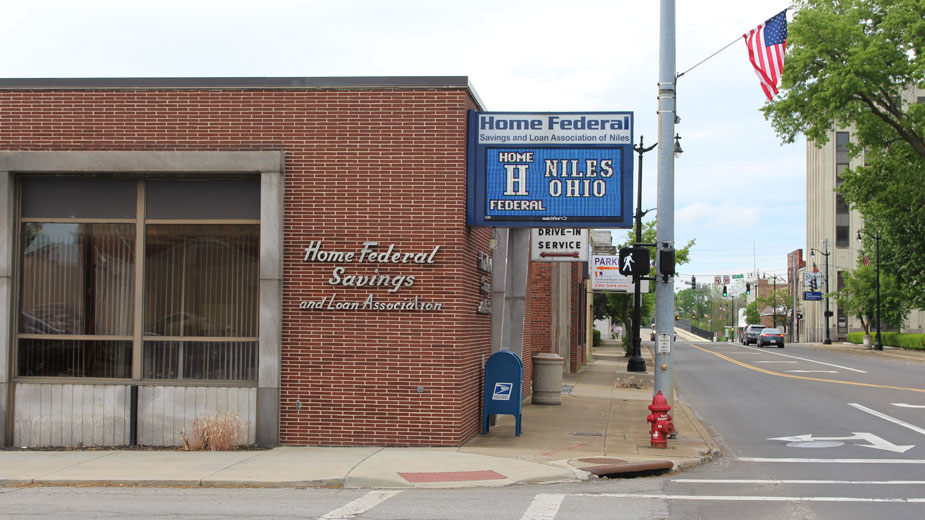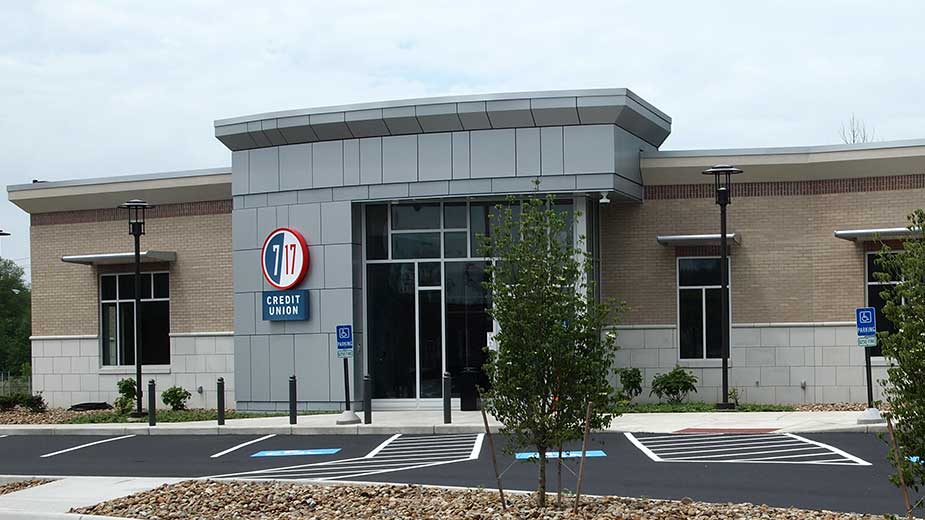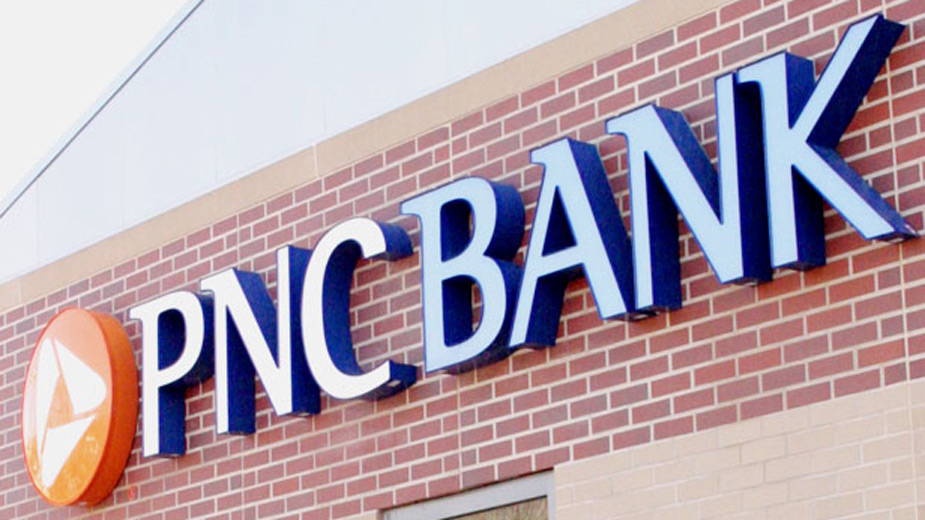Cross-Selling Is Win-Win for Banks, Customers
YOUNGSTOWN, Ohio — Banks work hard to know their customers and their customers’ needs so they’re prepared to satisfy those needs, whether it’s a retirement account, student loan, auto loan, mortgage or an investment account.
That’s one reason community banks have either acquired trust companies or begun their own wealth management services. By providing their customers with products that help them manage and increase their wealth, both the bank and its customers benefit. The bank earns more fee income as the customer better manages his estate by overseeing the growth of his household assets.
It’s rare for a person to close his accounts at a bank and move them elsewhere. Death, divorce and relocating outside the area a bank serves are the primary reasons a retail customer ends his relationship with a bank and closes his accounts, says Amber Wallace, senior vice president and chief marketing officer at Farmers National Bank, Canfield.
Only rarely is it unhappiness with the bank or its staff, she, Barbara Radis and Mark Wenick agree. Radis is senior vice president for retail banking at the Home Savings and Loan Co., Youngstown, while Wenick is president of the Mahoning Valley region of Chemical Bank, formerly Talmer Bank and Trust.
Despite people increasingly conducting their banking online or on their smartphones, the No. 1 reason people stay with their banks is their “relationship with my banker,” Wallace says, citing an annual bank marketing survey.
In second place, the survey found, is “convenient location.” Customers aren’t visiting their branches as often as they used to, she says, but they want the reassurance it’s close to where they live or work.
Only this year did the technology a bank offers move up to third place, she relates.
In the wake of the deregulation of aspects of the financial services industry that date to the early 1980s, banks realized they had to adopt a sales culture to survive and compete, Wallace says. The order-taker mentality – waiting for customers to come in and ask about opening an account or applying for a loan – was an invitation to being acquired or seeing customers leave for banks that offered better terms and service.
One aspect of that sales culture is cross-selling, determining customers’ needs and informing them of how they could manage their money better.
“Every customer has financial needs,” Wenick says. “But first you have to develop a relationship with the customers. Then you talk about those needs.”
Cross-selling is something as basic as “You want fries with that?” from the clerk at a fast-food restaurant when you order only a hamburger and soft drink. Or a sales clerk in a department store telling a woman, “This necklace would perfectly complement the blouse you just chose.”
While the fast-food clerk is not paid a commission for the fries he suggested, a clothing clerk might be rewarded. And in financial services, tellers, financial advisers, those who work in call centers and branch managers are likely to earn incentive compensation.
Chemical Bank offers incentives for branch staff to refer inquiries to an investments representative, Wenick says, but “It’s de minimus.” So does Farmers Bank, likewise minimal, says Wallace. “A teller could make an extra $100 to $150 a quarter,” she says. “The incentives are as low as a dollar [for a referral that results in the customer establishing an additional relationship].”
“We don’t track cross-selling to pay incentives,” Radis says. “We watch how well [tellers] serve our customers,” service above and beyond the routine meriting incentive compensation.
People tend to become customers of a bank because their parents were customers or they’ve moved from outside the area and ask their neighbors or co-workers where they bank.
The first binding relationship a young customer has is a savings account, especially if he is in grade school or middle school, or a mortgage if the customer is an adult, Radis says.
Through Junior Achievement of Mahoning Valley, all banks that serve the Mahoning Valley have officers visit classrooms to teach financial literacy and the basics of starting and running a business. “We’re out in the schools discussing financial literacy and the importance of budgets,” Wenick says. The extent a JA presenter informs a student’s choice of bank is anyone’s guess.
The first personal account most adults open is usually a checking account, all three agree. The challenge to banks is expanding that relationship so it can meet most, if not all, that customer’s needs: online banking, credit cards, car loan, mortgage, home equity, insurance, an individual retirement account, a 401(k), investments, trust services. And for the small-business owner or entrepreneur, commercial loans and treasury or cash management tools.
Banks bundle products, just as insurance agencies bundle car and property policies, so it’s attractive to have more than one account. Home Savings, for example, offers a break on closing costs if the customer has his mortgage payment automatically deducted from his checking account, Radis says.
When someone becomes a customer, banks make it a point to inform them of all it has to offer, through fliers and brochures in their offices, sent in the U.S. mail, emails and phone calls.
Staff at “branches do outbound calling,” Wallace says. “We look for a reason to stay in touch and customers appreciate this.”
Radis and Wenick agree. “We talk to new customers a lot,” Radis says. “We invite them in to sit down and talk because a lot of people don’t know all we can do for them. The right thing to do is make sure they’re fully served.”
Farmers has seven financial advisers who divide their time among its branches, Wallace says, making themselves available to customers to review their needs as their family status change. Farmers has staff call or email customers to inform them of when the advisers are scheduled to visit and set appointments.
When customers marry, become parents, send children off to college, get a raise at work, “That’s when the need [to review their finances] hits,” Radis says.
With Talmer now part of Chemical, the bank is offering trust services in the Mahoning Valley and Wenick is looking to hire trust officers to serve this market.
Unlike Wells Fargo Bank, which recently ended its practice of setting cross-selling goals for its retail bankers, neither Chemical, Home Savings or Farmers ever set firm goals for its retail staff to open new accounts.
“Chemical is not a high-pressure sales organization,” Wenick says.
“We want people to bank with us on their terms,” Radis says.
“We use our judgment,” Wallace says. “We try to know our customers and their needs. That’s what builds loyalty.”
Copyright 2024 The Business Journal, Youngstown, Ohio.


